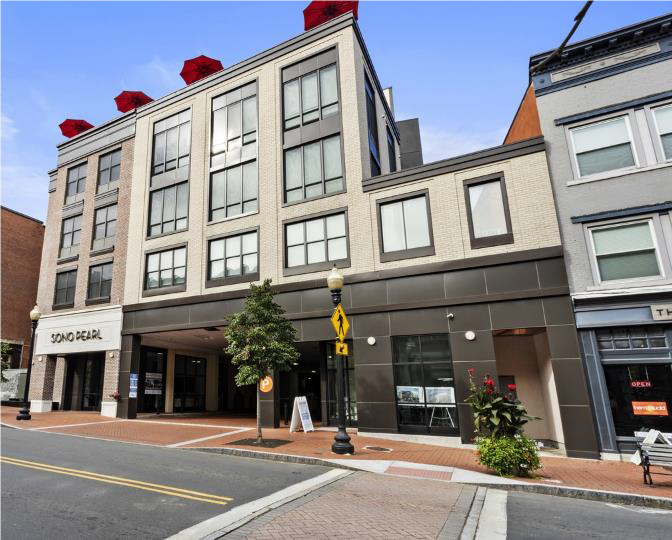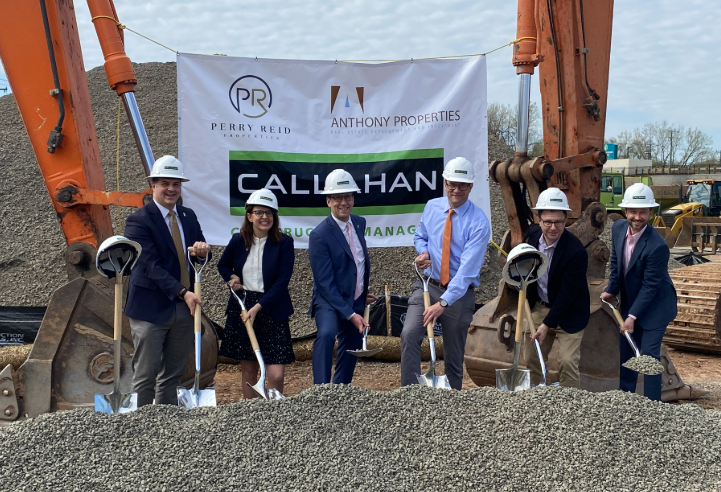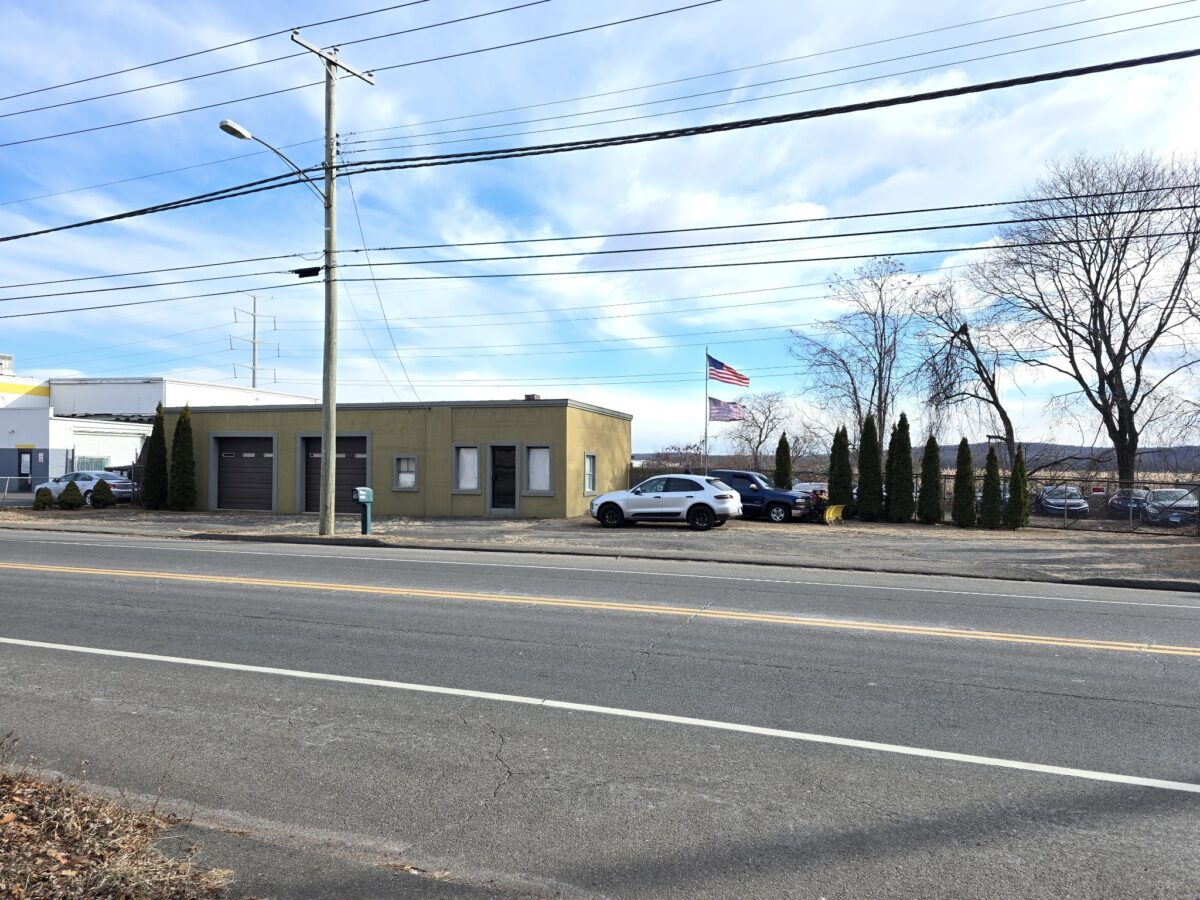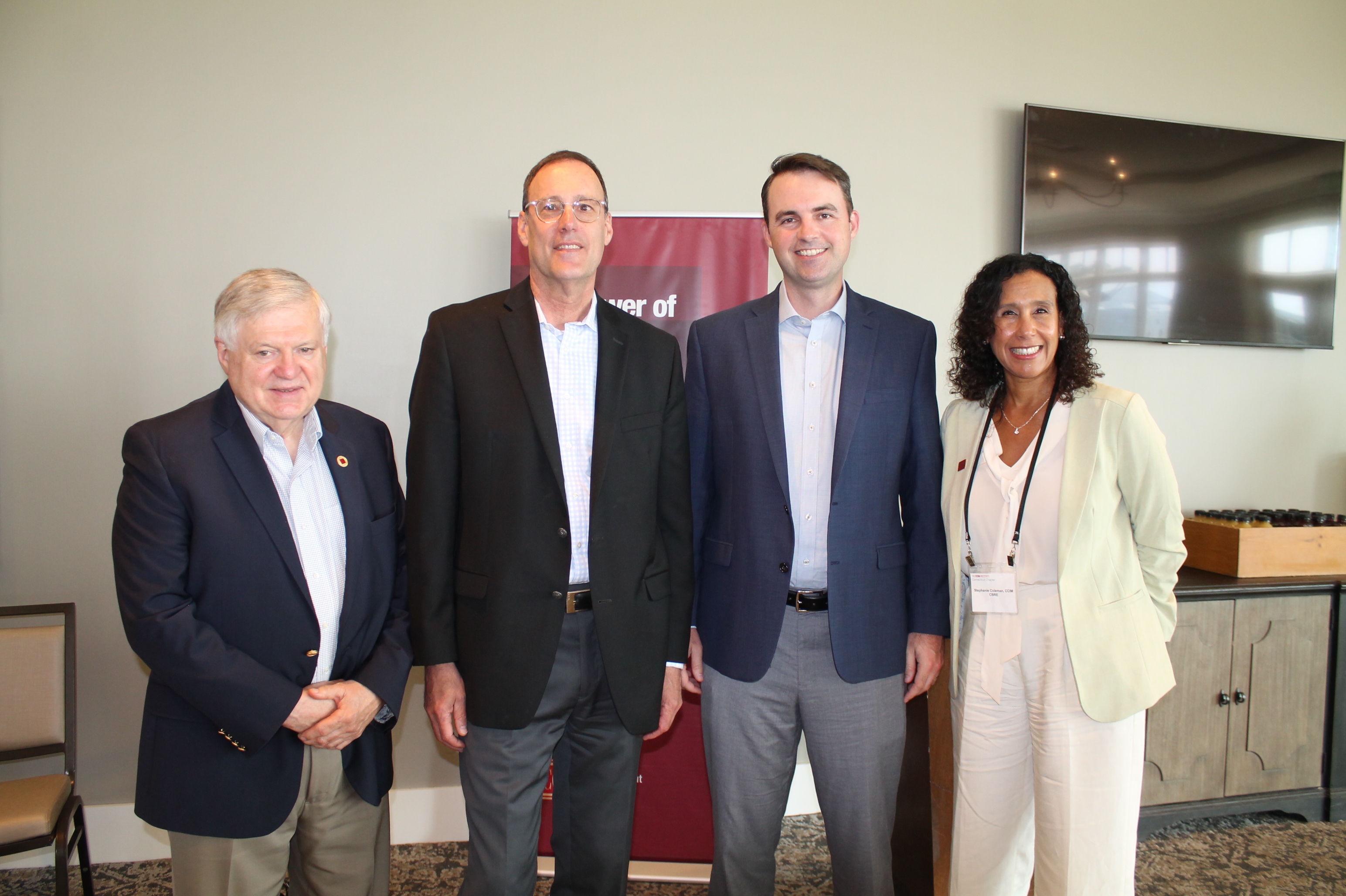News: Connecticut
Posted: April 19, 2012
Greater New Haven is on track to recover from the hits of the recession
Downtown New Haven and all of Greater New Haven, a microcosm of the national commercial real estate market, reflect national trends both good and bad.
The economy and the market have been going through changes, not only as a result of the recession and the market turmoil that began with the housing crash but due to a dramatic shift in the way that we work, live and create products.
The landscape of downtown New Haven is experiencing its most dramatic changes since the 1960s. Gateway Community College opens on Church St. this summer and Carter WinStanely is back in front of aldermen this month pitching construction on Rte. 34 of Downtown Crossing, 225,000 s/f of bioscience and medical space. 360 State St., the largest private residential development in Connecticut, opened 500 residential units and its crown jewel, The Elm City Market last year.
The White House recognized Elm City Market - the city's first downtown grocery store - in the official White House blog detailing the strategies that the organically driven coop has taken to serve the community. The market, which employs 100 people, sources more than half its products from within 200 miles of the city. And, in the ultimate oxymoron, the building features a "Green" parking garage.
Perhaps nowhere in Connecticut is "Green Construction" more heralded than at Wallingford's Campus at Greenhill. In a nearly poetic move, Gale Development, which owns the Campus, redeveloped a half built monument to the sub-prime mortgage collapse - The Mortgage Lenders Network headquarters building - to become a LEED certified multiple tenant office park.
This eye to sustainability and "Green" development could be the first step to reverse the aging of the state.
Millennials don't dream of the corner executive office. Facebook access and job teams are some of the top perks they seek. The Grove and The Bourse in New Haven provide membership based co-working, collaborative working space for freelancers and independent contractors without the traditional office lease.
While tele-commuting never reached its promise as an employee panacea, it spawned a flexible approach to work, which created today's co-working spaces.
Co-working styles extend into traditional offices which has caused the size of office spaces to shrink. This shift leaves office leasing to lag behind industrial/flex leasing with vacancy rates remaining higher throughout New Haven County and tenants looking for landlords to change the traditional layouts of offices from multi-room spaces to large open spaces and smaller "huddle rooms" which allow for private meetings and workspace and often are less than 70 s/f in size.
Contrary to popular belief, the flexible working trend is not limited to tech, software or start-up corporations. It is changing the vision of office space in the oldest industries like BDO-USA, a 100-year old accounting and tax firm. Its NYC offices, opened in 2009, embraced flexible workspace slashing office square footage from 237 s/f per person to 188 s/f. A 42% reduction in office square footage for the same sized workforce is a disrupter that will extend throughout office markets.
New Haven County's commercial industrial real estate market, after a quiet 15 months, is on the upswing seeing more activity and leasing across the board, but especially in flex spaces.
Use groups continue to change with more and more emphasis on tech and bio-science uses in former manufacturing spaces, like Science Park at Yale which, after a decade of fits and starts, has finally reached its promise as an incubator filled with start-up tenants. The town of Branford which bio-science leader Jonathan Rothberg has called "The Intersection of Biology and Engineering", offers several tech related spaces for lease today, including 15,000 s/f of full wet lab space complete with multiple cold rooms, fiber optics, heavy air handling and filtration systems in place.
To further promote the growth of new companies in state, the CT Tech Council and Venture Capital funds are providing start-up capital to businesses on the brink, while the governor's office continues offering tax incentives to growing companies.
Towns like Guilford are working hard to attract new businesses to the shoreline with business friendly approaches. Their economic developer, Brian McGlone, works hand in hand with any new business coming into town to navigate the gauntlet of permit processes that new and relocating businesses must face.
Greater New Haven is on track to recover from the hits of the recession, unemployment, a depressed housing market, hurricanes and snow by embracing the post-recession lean working mind.
Kristin Geenty, SIOR is president of The Geenty Group, Realtors, Branford, Conn.
Tags:
Connecticut
MORE FROM Connecticut
Highcap Group brokers $41.1 million sale of two building multifamily portfolio
Norwalk, CT Highcap Group has completed the sale of two luxury multifamily properties with a total of 120 units for a combined purchase price of $41.4 million.

Quick Hits







.png)